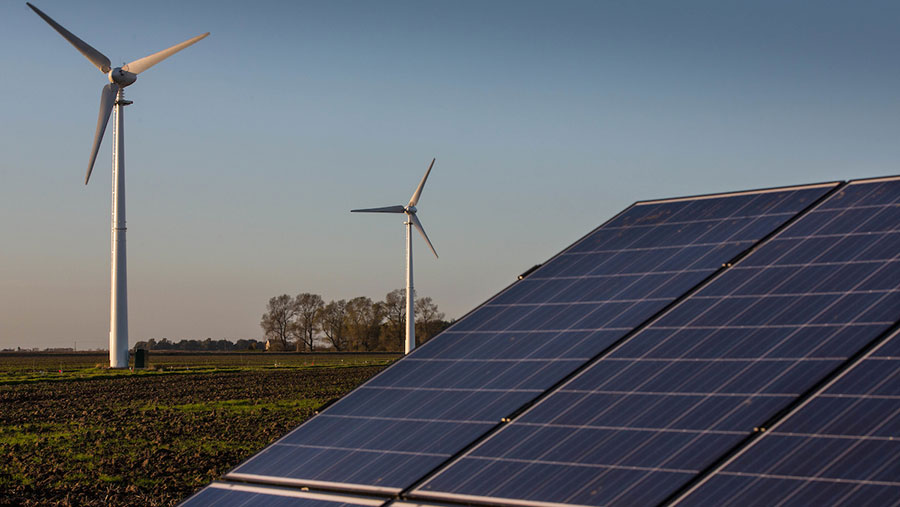Farmers holding back on farm investment and environment schemes
 © Tim Scrivener
© Tim Scrivener Farmers are holding back on investment in farm infrastructure and delaying taking part in agri-environment schemes, as they wait for greater clarity on the future nature of post-Brexit farm support.
A survey of its consultants by Savills, looking at the impact of the planned transition from direct payments to a support system based on “public money for public goods”, found that farmers were instead focusing on diversification.
See also: Brexit uncertainty makes breeding choices tricky
According to the findings, renewable energy, building conversion and “other” diversifications were seen by the consultants and surveyors as the areas farmers are most likely to be investing in during the so-called “transition” period (from 2021 to 2027).
But the survey predicted reduced investment in farm infrastructure and machinery, with the majority of consultants saying such spending was “less likely” rather than “more likely”.
Where farmers were prepared to spend on their core businesses, the survey suggested that farm buildings were given the highest priority, followed by precision technology, machinery and drainage.
“This suggests a potential conflict between the priorities for on-farm investment and the assets that are most likely to be invested in,” said Savills head of rural research, Emily Norton.
“Farmers are focused on short-term income mitigation, rather than long-term productivity improvements.”
Agri-environment
Looking at farmer involvement in agri-environment schemes, two-thirds of the professionals consulted believed many of their clients who are not yet in schemes “are waiting to see what the new Environmental Land Management (ELM) system involves, rather than applying to Countryside Stewardship now”.
The new ELM system will not start until 2025 and, even though direct payments will start to be phased out from 2021, the consultants believed only one-third of farmers will be joining current agri-environment schemes to help offset any income loss.
One of the main reasons for this was a fear that, should farmers start to make environmental enhancements now, it could undermine their chances of being paid for delivering public goods in future.
This is despite assurances from Defra secretary Michael Gove, and Gavin Ross, head of ELMs at Defra, who have both insisted that farmers committing to existing schemes now will not be penalised when the new system starts.
“These reassurances do not appear to be having the desired effect and government should do more to confirm the structure of the new scheme as soon as possible,” said Ms Norton.
Those farmers who are already in schemes are mostly intending to renew or extend them, the survey reveals, while others are proactively trying to evaluate the natural capital value of their holdings and considering what public goods they may be able to provide.
The survey was carried out between 21 December 2018 and 11 January 2019.
It involved interviews with Savills’ consultants and surveyors providing advice over 809,000ha, half of which was occupied by nearly 3,500 tenants.
